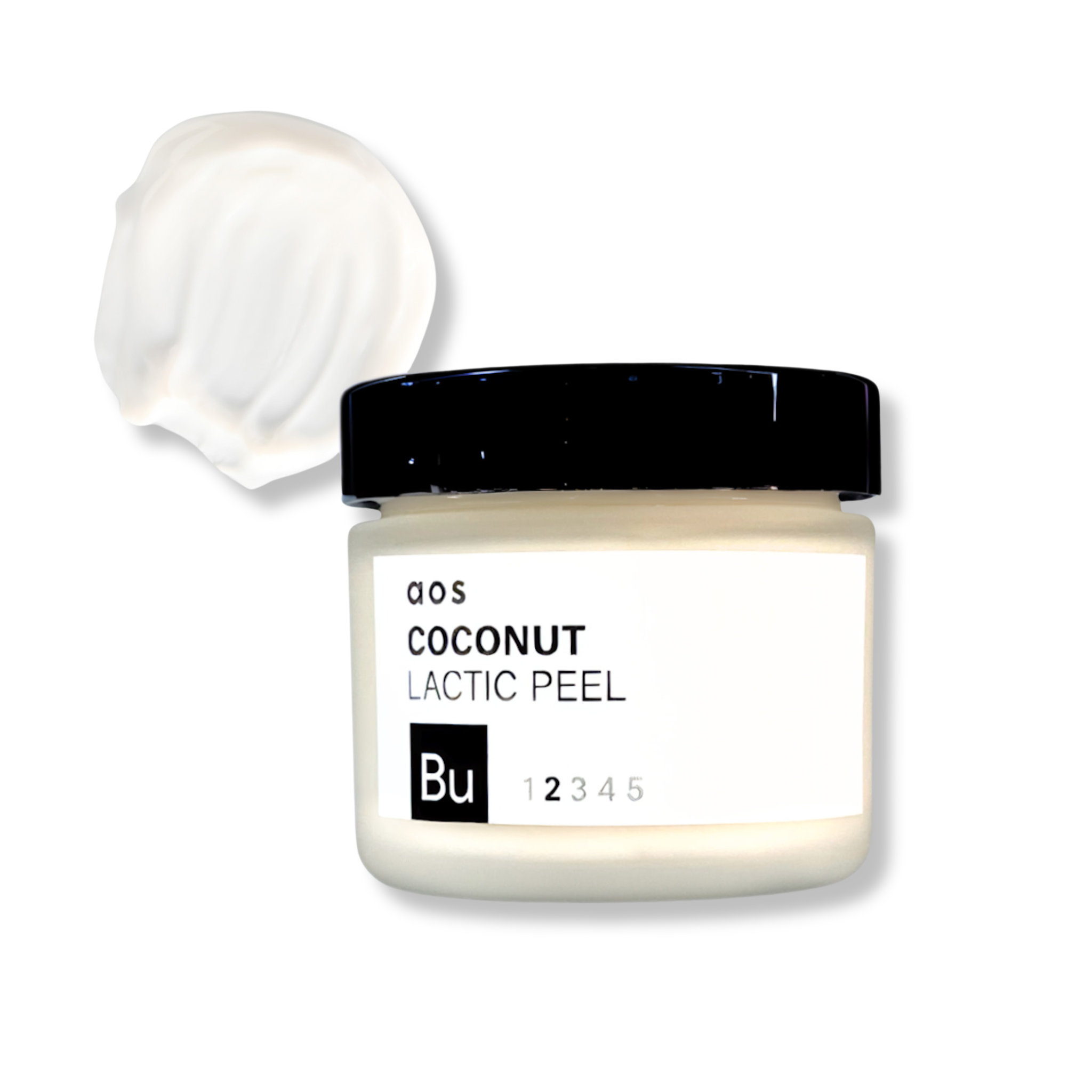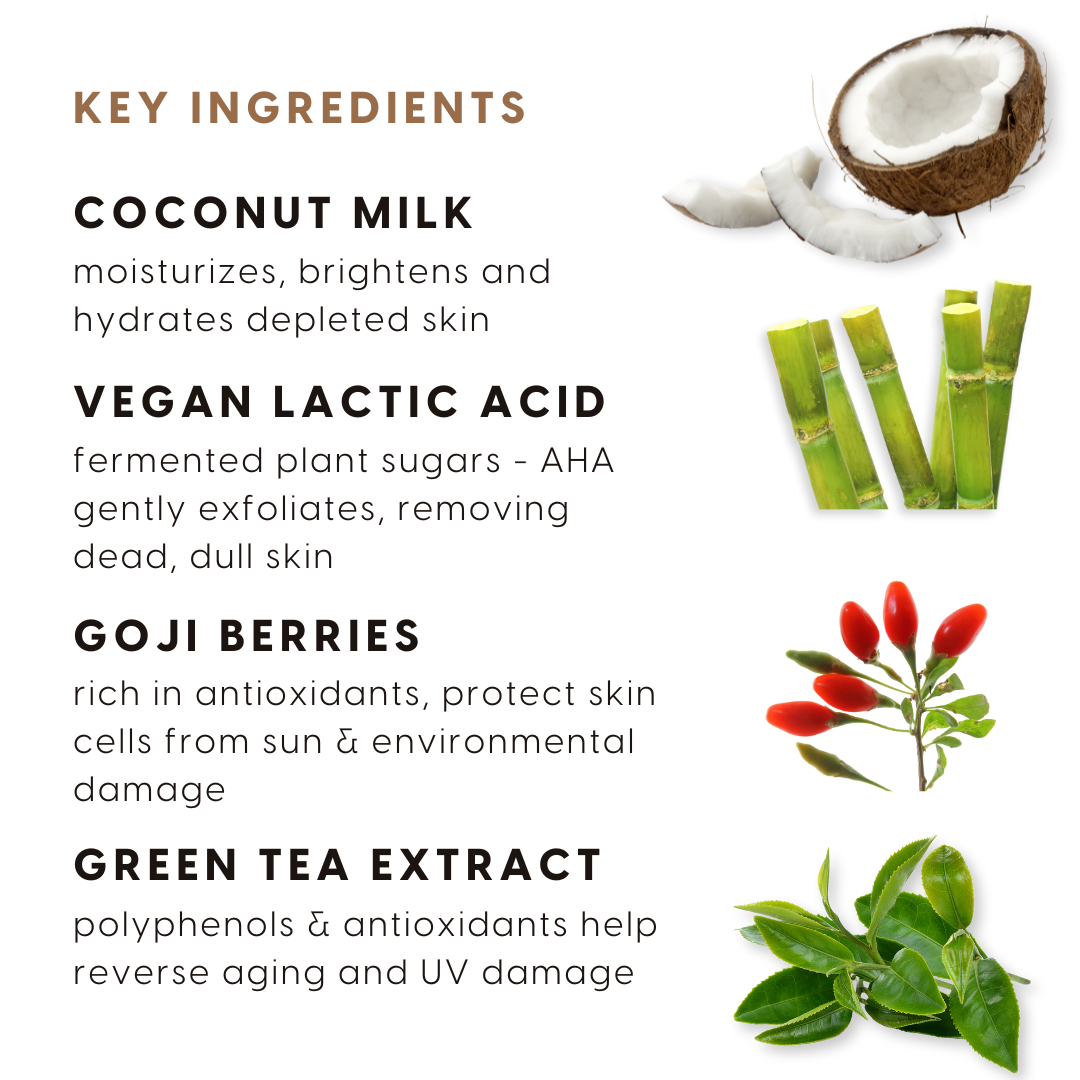Why do we need to forest bathe?
Shinrin-yoku is the ancient Japanese ritual of connecting with nature and surrounding ourselves with the energy of the natural world to enhance well-being, reduce stress and restore calm. Shirin means "forest" and yoku means "bath. Living in Oregon has given me the benefit of forest bathing every day and I can attest to the deep sense of peace and stillness in my heart after spending time in the woods outside my home.
Let's explore the myriad benefits of simply being in the forest.
People are more disconnected from Nature than ever and we're seeing the effects in ourselves- widespread anxiety, depression and stress. Digital and electrical devices pour a constant barrage of positive ions into the atmosphere. Positive ions are small molecules that have gained a positive charge. Most forms of pollution, toxic chemicals, pet dander, pollen, mold, and other harmful chemicals in the air carry a positive electrical charge, making them positive ions.
Having high levels of positive ions in the environment can lead to a host of ailments. This is because we are surrounded by positive ions from electromagnetic fields generated by computers, cell phones, and other electronic devices which can impair brain function and suppress the immune system causing symptoms such as: anxiety, breathing difficulty, fatigue, headaches, irritability, lack of energy, poor concentration, nausea, and vertigo.
Fortunately, Nature is abundant in negative ions which have the opposite of positive ions and they have the opposite effect on your health, mood, and energy levels!
Negative ions balance out postiive ions and bring us back into balance. We inhale negative ions in environments such as the ocean, mountains, forests, and waterfalls. Once they reach our bloodstream, negative ions are believed to produce biochemical reactions that increase levels of the mood chemical serotonin, helping to alleviate depression, relieve stress, and boost energy.
How to Forest Bathe
Forest Bathing is easy!
Unplug. Turn off (or leave at home) all electronics. Wander quietly outdoors, in the trees. Let your mind wander. Be conscious of your breathing- breathe deeply and slowly. Notice the sights, the sounds and the smells around you. Take it all in without thinking about it too much- allow your mind to find stillness. Walk gently or sit quietly. If possible, go barefoot at least for several minutes. Soak up the green and the fresh clean air.
When you can't get out there, bring Nature home.
It isn't always possible to get outside and, fortunately, we can design our spaces to be healthier.
- Add a salt lamp- they produce healthy negative ions.
- Turn off all electronics when not in use
- Install a small waterfall
- Sit in front of a fire
- Walk barefoot
- Surround yourself with plants
- Use essential oils from trees like pine, spruce, cedar, cypress and fir- they contain beneficial phytoncides
What are Phytoncides and how to they benefit us?
The word phytoncide means "exterminated by the plant". The term was coined by Dr. Boris P. Tokin, a Russian biochemist from Leningrad University. He found that some plants give off very active substances that help to prevent them from rotting or being eaten by some insects and animals. These same chemicals can pass through our mucus membranes when we inhale them.
When humans breathe phytoncides in, they can produce many benefits inside the body. Some of the responses discovered by science include:
- Immune response: a 2-hour walk in the forest increases NK cell activity that can last for days. NK cells are best known for killing virally infected cells, and detecting and controlling early signs of cancer. As well as protecting against disease, specialized NK cells are also found in the placenta and may play an important role in pregnancy.
- Anti-inflammatory: common forest terpenes temper inflammation and reduce oxidative stress
- Nervous system: forest air creates a relaxation response and lowers nervous system activity
- Mood enhancing: exposure to forest air reduces cortisol levels and β-pinene has antidepressive properties
- Sleep: phytoncides like α-pinene enhance sleep
Enter the Forest
Forest Bathing Shower Gel
Forest Bathing Sugar Scrub

Forest Bathing Hand & Body Lotion
Forest Bathing Ritual Set



















































Share and get 15% off!
Simply share this product on one of the following social networks and you will unlock 15% off!